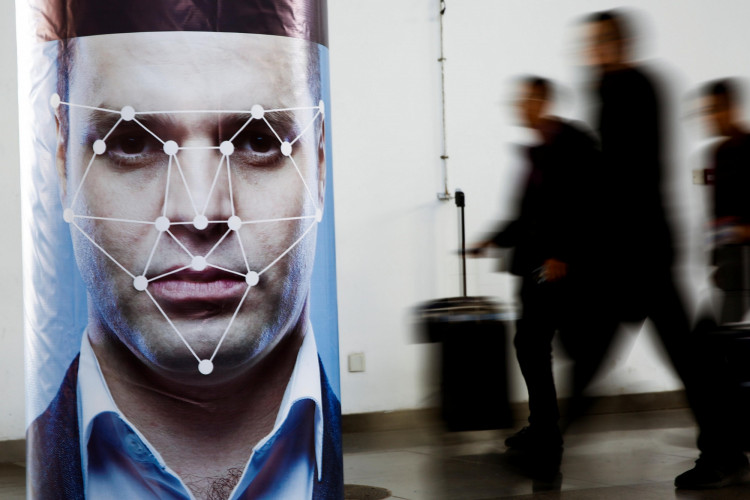Monday saw the introduction of a ban on the use of "smart glasses" and face recognition technology in Italy after the country's Data Protection Agency chastised two towns for testing the technologies.
The use of these technologies in legal proceedings or the fight against crime, however, constitutes an exemption.
"The moratorium arises from the need to regulate eligibility requirements, conditions, and guarantees relating to facial recognition, in compliance with the principle of proportionality," the agency said in a statement.
According to the privacy watchdog, facial recognition systems employing biometric data won't be permitted until a special law is passed or at least until the end of next year.
The processing of personal data by public entities using video devices is typically permitted under European Union and Italian law on the basis of public interest and when connected to the function of public authorities, it was said.
Municipalities that want to make use of them must, however, sign "urban security pacts" with central government officials, it was stated.
The organization was responding to actions conducted in Lecce, southern Italy, where officials announced they will start utilizing facial recognition technology.
According to the watchdog, the municipality was asked to produce a description of the systems used, their purpose and legal basis, as well as a list of databases accessed by its surveillance equipment.
The privacy watchdog also targeted the Tuscan city of Arezzo, where local cops were to be outfitted with infrared super glasses capable of recognizing license plates.
In the EU, 10 members of the European Parliament were joined last week by representatives of the Reclaim Your Face coalition, a group of 76 NGOs from throughout the EU advocating for a firm ban on biometric surveillance.
Speakers at the Parliament event on Nov. 8 emphasized the risks associated with biometric tracking and demanded that the impending AI Act include a complete ban.
Through a collection of supplementary and appropriate regulations, this act seeks to manage the dangers related to particular applications of AI. European watchdogs have criticized several parts of the draft act for not going far enough with some technologies, like live facial recognition in public spaces.
Governments and organizations outside of the EU are starting to pay greater attention to the problems with biometric technology.
The Department of Justice revealed plans to permit An Garda Sochána to use facial recognition technology under proposed regulation earlier this year.
The U.K.'s Information Commissioner's Office (ICO) warned organizations last month against using "immature" emotion analysis technology. According to the watchdog, these technologies are "far more risky" than standard biometric technology and may cause bias, inaccuracy, and discrimination.






